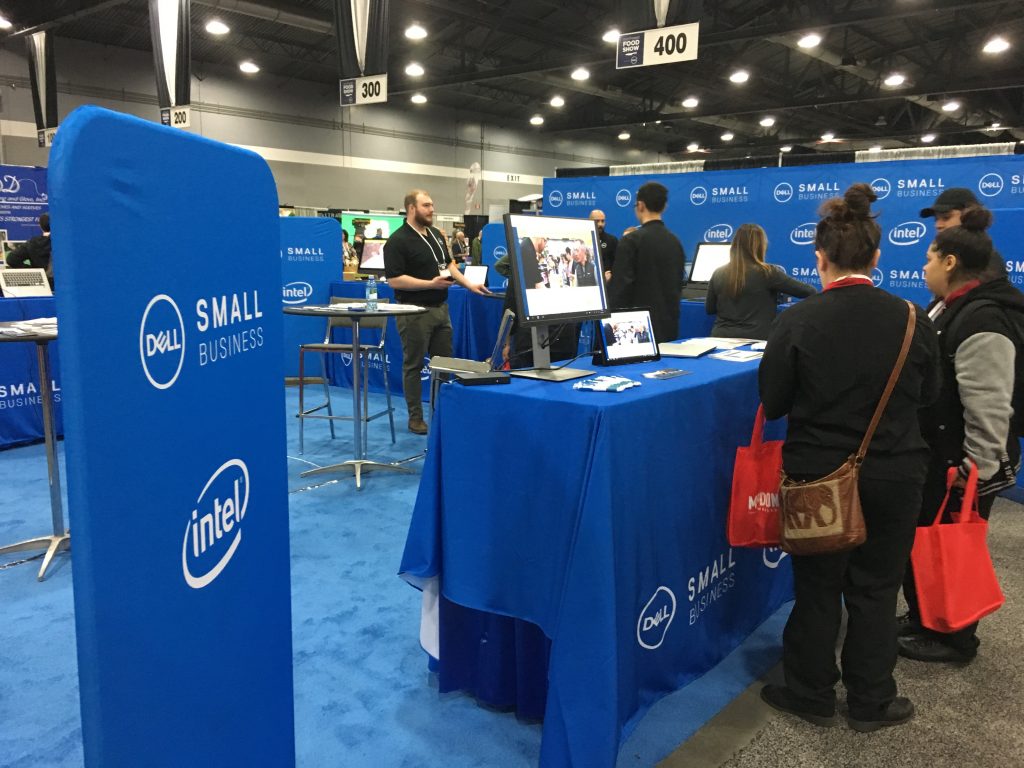If you’re sitting on an airplane, there are certain rules that need to be followed. First and foremost, the attendants and the captain are in charge. In fact, on each and every flight I’ve been on, they remind you that federal law dictates that you must obey any instructions from flight attendants.
If you’re playing golf, there are rules upon rules about addressing the ball, putting, where you can take a drop and so on. Same with basketball, climbing a mountain, lifting weights. Some of the rules are well-thought out and dictated by organizations that manage the sport. The NBA, for example, can have different basketball rules than the NCAA. Or different football rules. Some rules are just plain common sense but aren’t written down.

When it comes to tradeshows, as an exhibitor or an attendee, as part of the agreement that allows you access to the hall, you agree to certain rules. If you’re an exhibitor, there are dozens and dozens of rules about the exhibit you are allowed to set up, heights, fees, and so on and so forth.
Unwritten Rules
What about rules that may not be written down, but are just common sense? No doubt most of these are just rules of polite society: don’t be a jerk, treat people as you would like to be treated, and so on.
There also several unwritten rules of etiquette that you should adhere to. No eating in the booth, no sitting in the booth, greet visitors with a smile and a great engaging question, being on time when you’re scheduled to work.
But about the tradeshow floor itself, rules are again often unspoken. Let’s check in on a few.
Suitcasing is a term for someone who is walking from exhibit to exhibit and trying to pitch their product or services. Or they occupy space where people are coming in and out and hand out flyers or brochures. It’s considered unethical because the visitor didn’t pay for being there. They have no money invested.
Outboarding is when a company doesn’t exhibit, but they’re willing to rent a suite at a nearby hotel and invite attendees to see their wares. I’ve read that it’s less common than it used to be simply because show managers now often reserve blocks of rooms for exhibitors and if someone that is not exhibiting tries to reserve a room or a suite the hotel just refuses.
Extending beyond the booth confines is not something I see a lot, but I do see. This is when exhibitors will push things like banner stands or literature stands outside of their booth dimensions.

Using music in your booth. Unless you hire the musician, and the musician is playing his own unpublished music (rare, but it could happen), you’ll be liable for paying licensing fees. And they ain’t cheap.
After hours a good rule to follow is limit your alcohol intake, don’t stay up late, make sure you’re well-fed and hydrated. If you’re hosting a client dinner or event, let the visitors eat or drink first. Be a good host.
There are literally hundreds of other rules we could get into, and no doubt you could come up with your own. Rules about marketing strategy, collecting and following up on leads, attracting key prospects, graphic design and so on.
The final rule I’ll offer, though, is this:
You’re going to be on your feet for hours at a time. Wear comfortable shoes!

